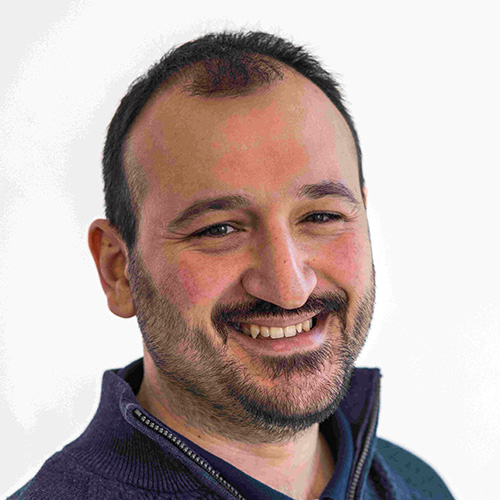Key details
Matthew Alexandrakis
Senior Research Software Engineer
Matthew Alexandrakis is a Research Software Engineer specialising in high‑performance computing (HPC), scientific software modernisation, and performance optimisation. He collaborates with research groups across disciplines to parallelise and refactor computational codes, delivering substantial speedups while improving reproducibility and maintainability. He supports large‑scale HPC environments, advising on compilers, MPI/OpenMP, toolchains, and best practices for scalable workflows. His work spans modern Fortran and Python ecosystems, build systems, and performance analysis using industry‑standard profilers.
He has authored technical guidance and delivered training for students and staff on Git, Linux/Shell, Python, Fortran, and HPC methods, helping embed sustainable software engineering practices in research teams. With a PhD in Computing and Applied Mathematics focused on multi‑physics CFD and solidification modelling, he brings domain expertise in multi‑scale simulation, domain decomposition, and data‑intensive workflows
Matthew mentors researchers, facilitates code review communities, and works with external partners to improve software stacks and user experience, with a consistent focus on robust, portable, and well‑engineered research software.
Responsibilities within the university
Lead modernisation and parallelisation of scientific software across research groups
Provide advanced user support for HPC systems (compilers, MPI, toolchains, job scheduling)
Research / Scholarly interests
I’m interested in how to make scientific software both fast and sustainable. That means modernising legacy codes (often into Modern Fortran and Python), using MPI/OpenMP and scalable algorithms to reach strong performance, and applying profiling and compiler‑aware tuning to remove real bottlenecks. I care about the end‑to‑end pipeline: build systems, CI and testing, containers or other reproducible environments, and documentation that researchers will actually use. My scientific background is in multi‑physics CFD and solidification, so my comfort zone is problems involving multi‑scale coupling, domain decomposition, and large data outputs. I focus on team practices like code reviews, template ecosystems, and training that help groups adopt sustainable workflows and keep software healthy over time. The goal is research software that is reliable, portable, and a joy to maintain, so researchers can spend more time on science and less on firefighting.
